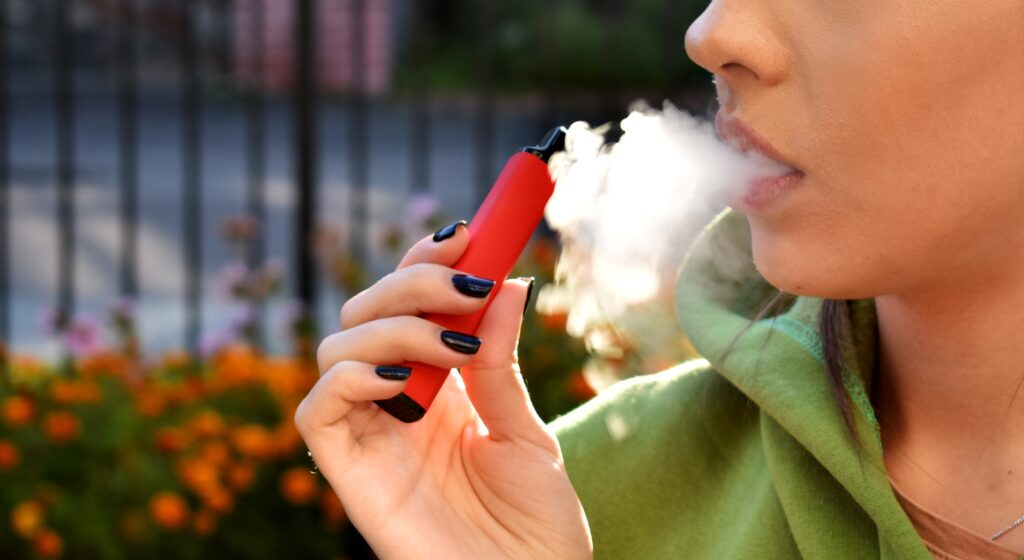The Co-op has instructed staff to increase the visibility and promotion of vape products in stores as part of a strategy to recover sales lost after a major cyber-attack earlier this year.
According to an internal document obtained by The Guardian, the retailer is introducing new vape displays, eye-catching advertising, and expanding its range of vaping products and nicotine pouches across its more than 2,000 UK grocery stores.
The plan, titled Powering Up: Focus Sprint: Cigs, Tobacco and Vape, cites a significant decline in sales since the April hack, which disrupted supply chains and left empty shelves. The document notes “£1m missing sales per week” and 100,000 fewer customer transactions, with many shoppers reportedly switching to other retailers to buy cigarettes, tobacco, and vapes.
Although the Co-op’s strategy complies with UK laws and government guidelines, it has sparked internal criticism from employees who argue that the move contradicts the company’s ethical reputation. The Co-op has long marketed itself as a business that “puts principles before profit” and prides itself on community and social responsibility.
One employee said the renewed focus on vapes “goes against everything we’ve done until now,” adding: “This decision to exploit a known health problem and make a profit goes against the values the Co-op was built on.”
The push comes amid growing national concern over youth vaping. Studies show a sharp rise in under-18s experimenting with e-cigarettes, with flavours such as candy floss and bubblegum drawing particular scrutiny. England’s chief medical officer, Prof Chris Whitty, has cautioned that while vaping is safer than smoking, it should not be promoted to non-smokers.
The timing also precedes the UK government’s upcoming tobacco and vapes bill, which will ban vape advertising and sponsorship and limit flavours, packaging, and displays.
Responding to the criticism, a Co-op spokesperson said the company remains committed to “ethical values and responsible retailing,” adding that all vape sales comply with legislation and are recognised “as a successful route to smoking cessation.”
The cyber-attack that prompted the sales drive severely disrupted the Co-op’s operations, forcing some services — including those in its funeral care division — back to paper systems. The incident wiped more than £200m off sales and is expected to cut £120m from full-year profits.
The “Power Up” initiative, which includes the vaping strategy, forms part of a wider recovery plan aimed at rebuilding sales and stabilising the business after one of the most challenging financial periods in the Co-op’s history.


